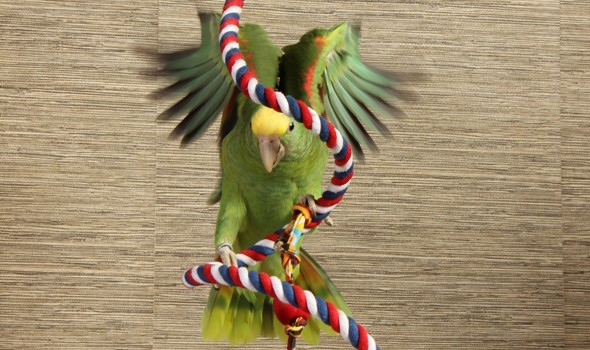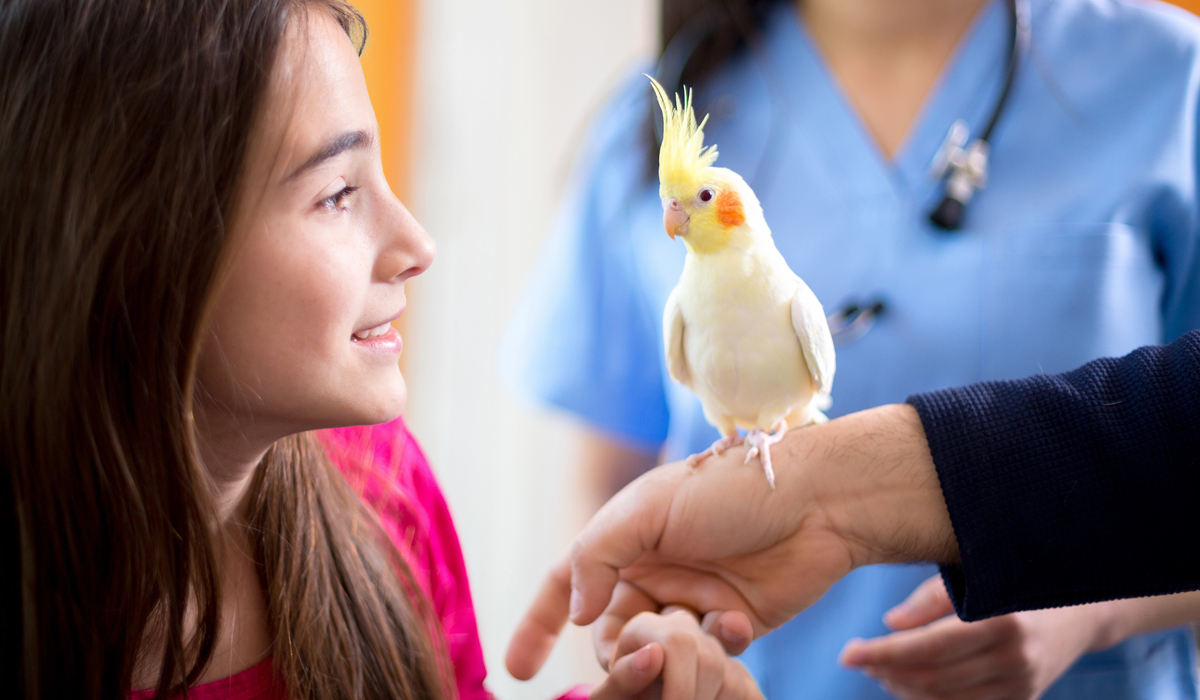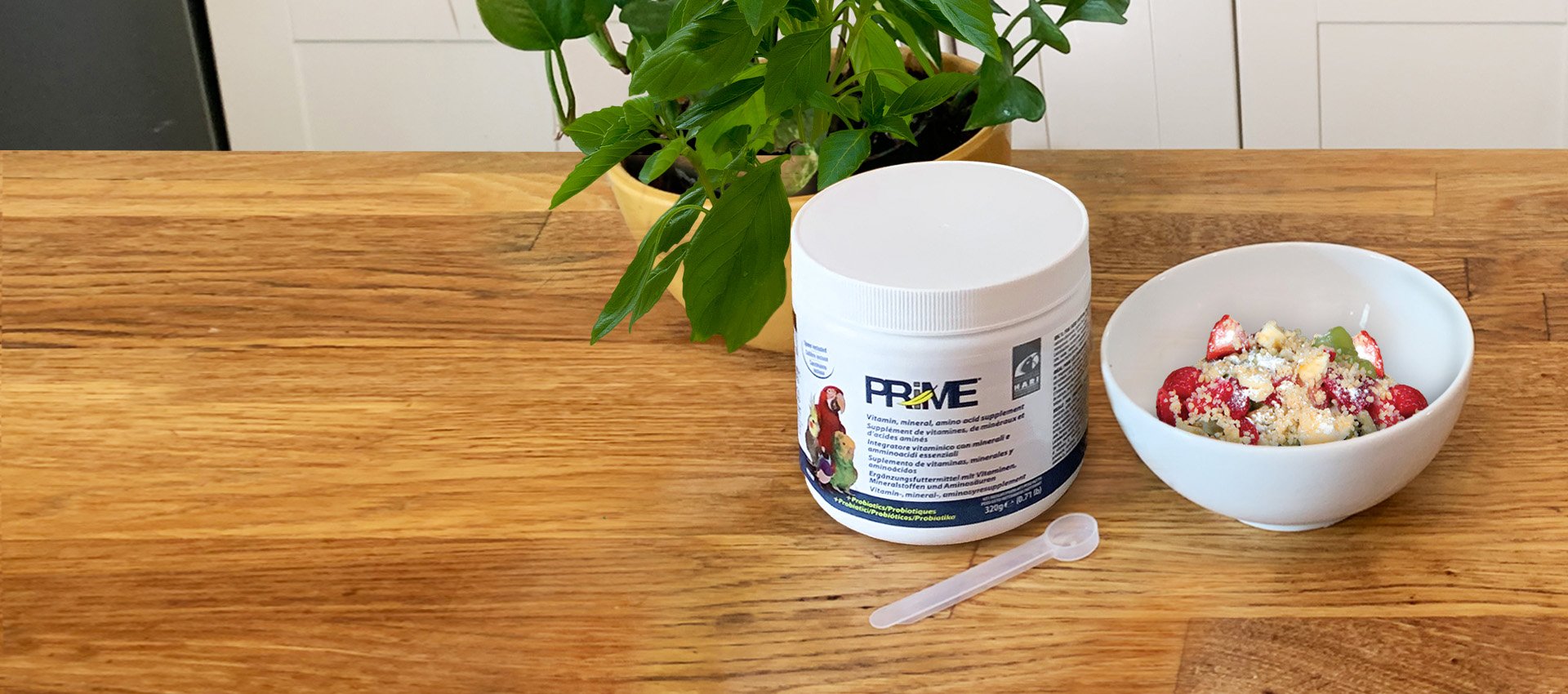Your cart is currently empty!
HARI Official Brand Site
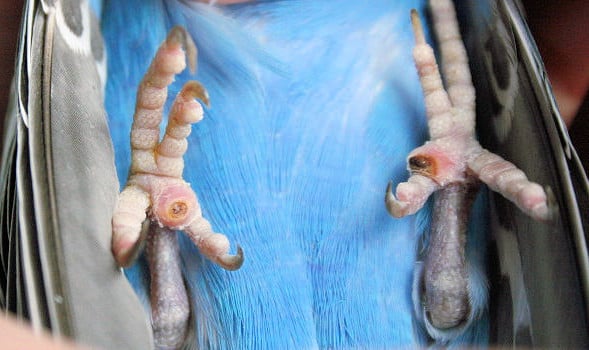
Featured Post
First Aid: Pododermatitis What’s Normal?
So, let’s take a look at a pododermatitis!
All Health Monitoring Articles
-
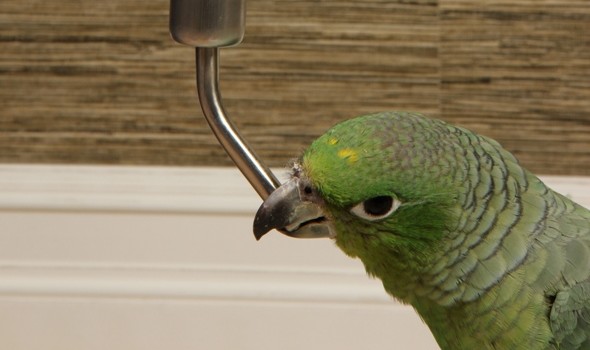
-
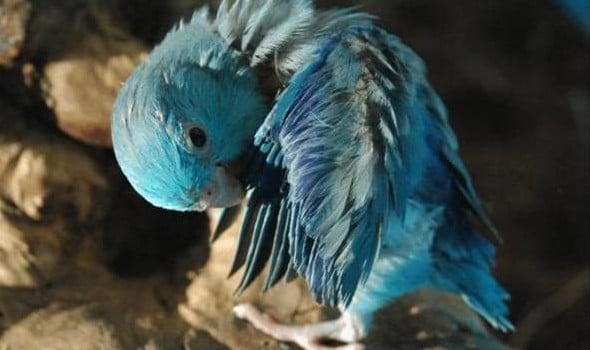
-
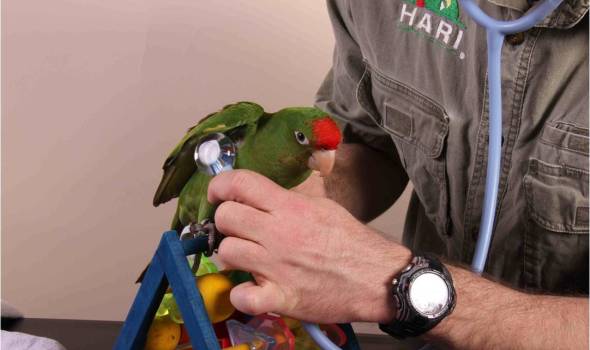
-
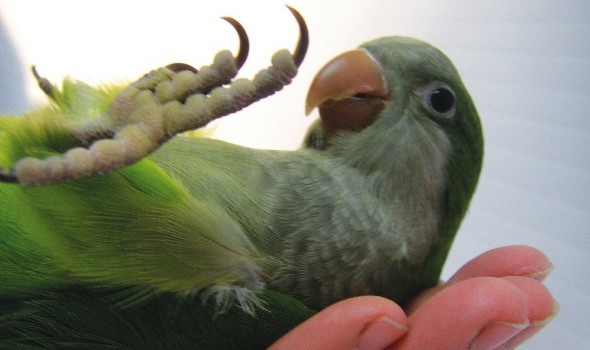
-
Preparation is the first step to providing necessary care in the event of heavy metal poisoning, medication overdose, or toxin ingestion.
-
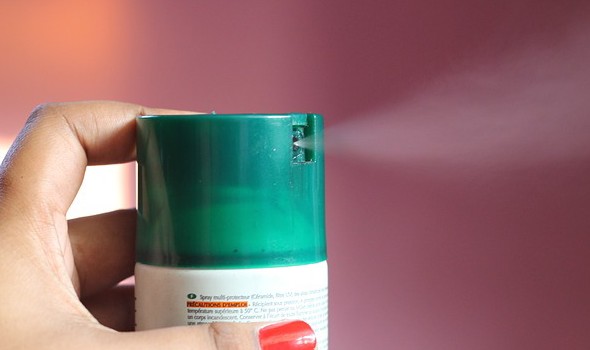
-
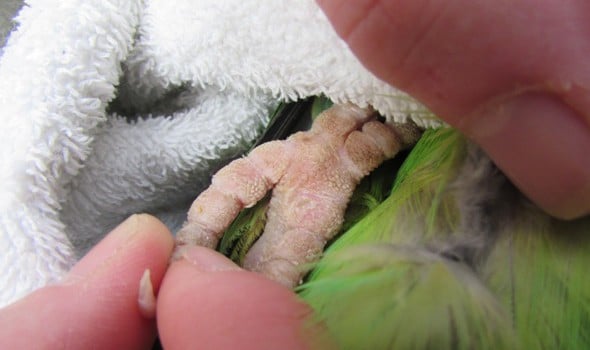
-
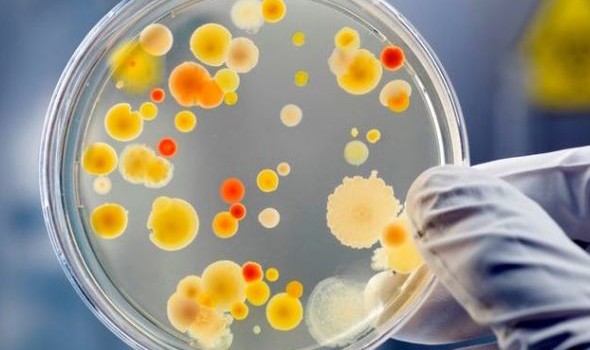
-
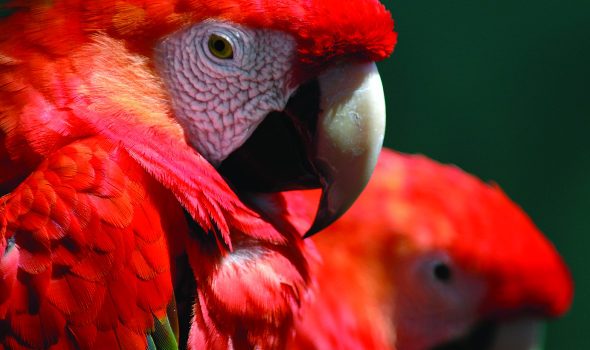
-
Although pododermatitis is a serious condition, prompt intervention and thorough treatment can often resolve the condition.
-
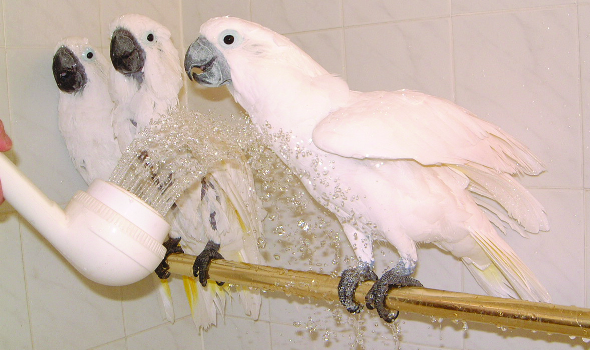
-
